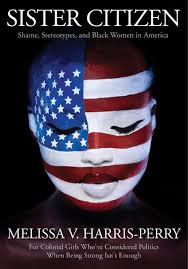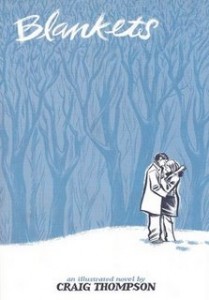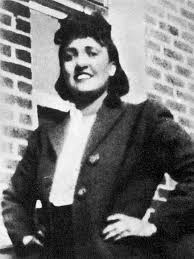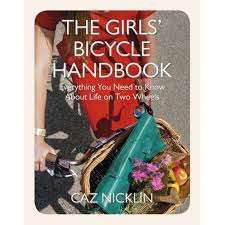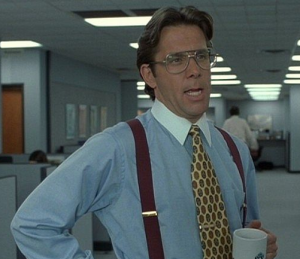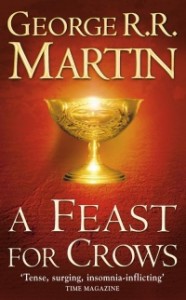Four stars.
While at a friend’s house for dinner last week, a friend lent me this book. This is the same one who turned me on to steampunk, so I trusted her judgment. I found this to be a really compelling, interesting and infuriating book about one component of the horrors of Hurricane Katrina. However, I really wish that I hadn’t Googled Mr. Zeitoun when I finished it, for reasons I’ll share at the end. This review will contain some spoilers, because there is a bit of shift in the middle of the book that I’d like to address.
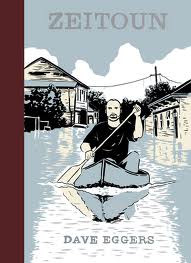
The book is told alternatingly from the perspective of Mr. Zeitoun, a Muslim originally from Syria, and his wife Kathy, a woman who converted to Islam in her youth. The first part tells of their preparation for the storm, going between their perspectives. Additionally, the book gives us their back stories in pieces during the build up to the storm and beyond. The main thing to know is that the Zeitouns own a painting and contracting company, as well as a few rental properties. They also have four children.
Mrs. Zeitoun and the children leave New Orleans, but Mr. Zeitoun stays behind. He keeps an eye on their house, and checks in on their rental properties as well. He makes it through the storm, and even the levee breech that floods the first floor of his home. Over the next week, he travels around New Orleans in a canoe, helping with a few rescues and taking care of some left-behind pups. But a week after the storm, he is at one of his properties with a tenant and friend, and gunmen storm in.
We learn that he has been arrested, and are given a look at the utter failure of the criminal justice system after Katrina. The unwarranted arrests, the abhorrent treatment, the suspension of all rights of those accused to even know what they are accused of. Mr. Zeitoun was not allowed to contact his wife at all while he was in jail, waiting for a hearing – for over a week she thinks he is dead. Because of his ethnicity, the police tell him he’s suspected of being Al Qaida, or Taliban. It’s utterly absurd, and a reminder that in a disaster, some people rise to the occasion and some people use it as a reason to mistreat others. Unfortunately, that holds true for civilians and military / law enforcement alike, although it seems that those in power are more likely to take advantage of the situation than those without power. One example is an interview with one of the law enforcement officer who arrested Mr. Zeitoun – he tells of how he and his fellow officers would steal fuel and cigarettes from convenience stores because they ‘needed’ that to do their work; meanwhile these same officers were shooting and arresting people for ‘looting’ things that they needed for survival. The double standard is so disturbing.
I’m also disturbed and reminded of how often the public is willing to let law enforcement and the military do what they ‘need’ to do in a disaster, regardless of who they hurt, what laws they break, or how despicable their actions would (or should) be viewed during regular operations. I work in emergency management. Things fall apart. You do have to adjust, but it seems as though so many folks in power use disasters as an excuse to adjust things to they have even more power (I’m looking at you, post-9/11 PATRIOT ACT).
Even more spoilers ahead.
Ready?
Okay. So Mr. Zeitoun is released after three weeks, and the charges are, I believe dropped. I figure that’s the biggest spoiler of all, because the entire second half is a lot of ‘will he ever get out’ storytelling.
One last thing. After finishing the book I googled “Zeitoun” to get a picture of him and his family, and the first couple of links are to the website, and the book on Wikipedia. Disturbingly, however, this was the third link down: Zeitoun found not guilty on charges he tried to kill his ex-wife. Holy shit, guys. So they divorced, he was charged with beating Mrs. Zeitoun at one point, and then charged with trying to kill her. Yikes.
